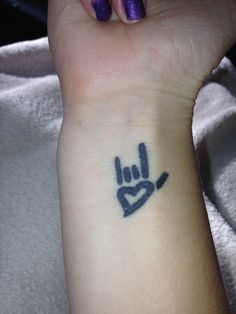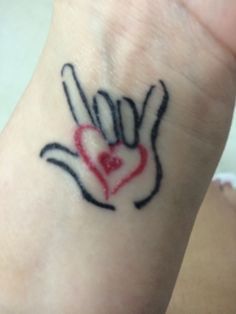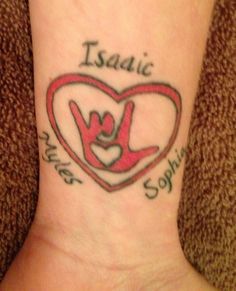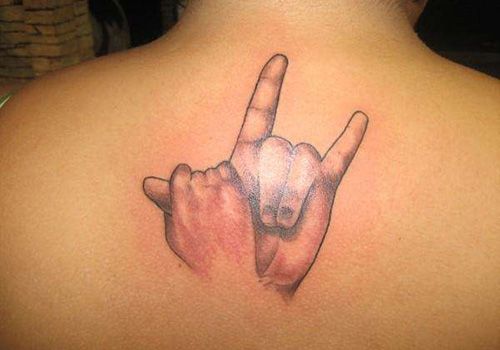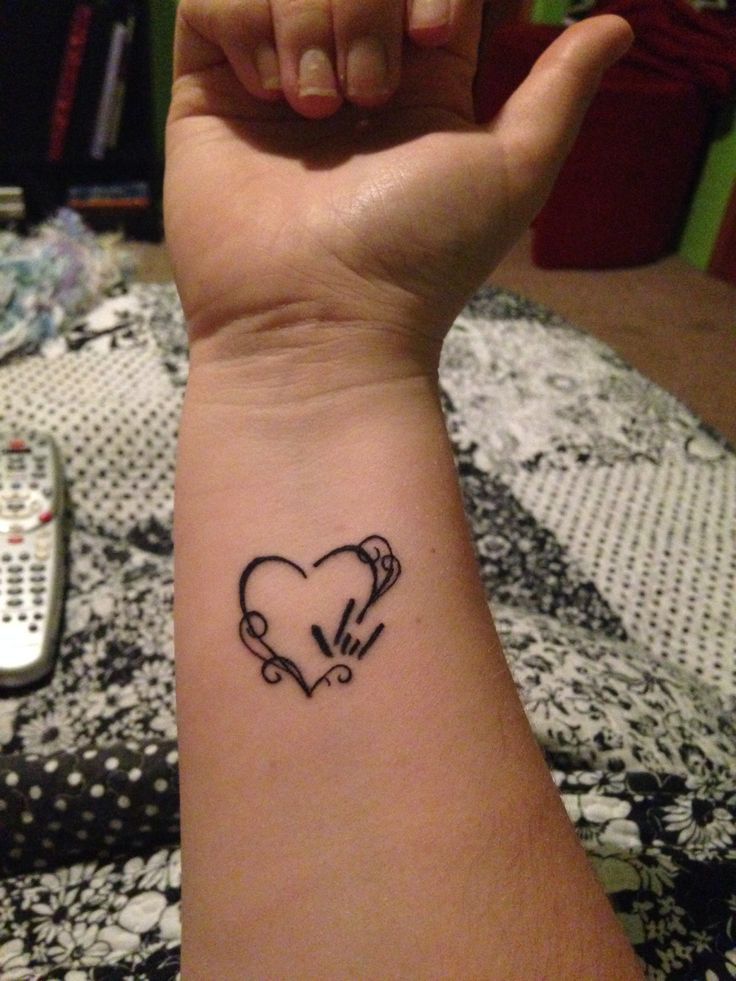http://www.streetleverage.com/2013/02/sign-language-interpreters-and-the-quest-for-a-deaf-heart/
what do you think of the word:
Deaf Heart?
I know most of you who are either CI Users, deaf oral or late deaf but some of you may know ASL.
I read the article and I found it a bit fascinating, but probably not for the reason you might think

... After reading it, I realized that, even though I've been hoh my whole life and may eventually become deaf, and have several other hoh people in my family (so I grew up with at least
some cultural sensitivity regarding deaf and hoh issues), I probably won't ever be able to understand some of the aspects of Deaf culture.
I'm almost 50 years old and have never met a deaf person. I never learned ASL. Every couple of years, I try to re-learn the signs for the letters of the alphabet, but within a couple of days there are always a few letters I've already forgotten. The only people I've ever seen using ASL have been on tv during press conferences/political speeches or sometimes in tv shows or in movies. Even if I were to go completely deaf tomorrow, I don't think I'll ever learn ASL, because I don't know anyone else who's fluent in it so it's not going to be of much use to me to learn it now.
I don't think I'm that unusual as a hoh person in terms of my experiences, though. From what I've read, most deaf people are
late-deafened, which means they became deaf after being able to hear for several years, learning how to speak, communicating through talking, knowing what music is and experiencing a wide spectrum of other sounds. Even though I've never met anyone who's deaf, I've known many other hoh people, both those who wear hearing aids and those who don't - which isn't at all strange considering statistics say that about 1/6 of people will become hoh.
What this means is that the majority of people who are deaf haven't always been deaf, and didn't grow up experiencing or even aware of "Deaf culture." Most deaf people grew up part of the hearing world, and that is their culture, and the percentage of deaf people who are and have been actively part of the Deaf community/Deaf culture is a small portion of all deaf people. That doesn't mean that Deaf culture/community isn't vitally important to those who have been part of it for so long. I don't mean to seem like I'm saying negative things about it. It just means there's probably a lot of hoh/deaf people (like me) out there who aren't going to understand the significance of concepts like "Deaf Heart."
I guess what I found fascinating is that I'm starting to realize that most people who are deaf may never be able to completely comprehend or appreciate "Deaf culture" as it is understood and experienced by those who grew up with it. The majority of deaf people aren't part of Deaf culture, and articles like this one and others like it don't really speak to their experiences or issues as late-deafened people.



 ... After reading it, I realized that, even though I've been hoh my whole life and may eventually become deaf, and have several other hoh people in my family (so I grew up with at least some cultural sensitivity regarding deaf and hoh issues), I probably won't ever be able to understand some of the aspects of Deaf culture.
... After reading it, I realized that, even though I've been hoh my whole life and may eventually become deaf, and have several other hoh people in my family (so I grew up with at least some cultural sensitivity regarding deaf and hoh issues), I probably won't ever be able to understand some of the aspects of Deaf culture. 
